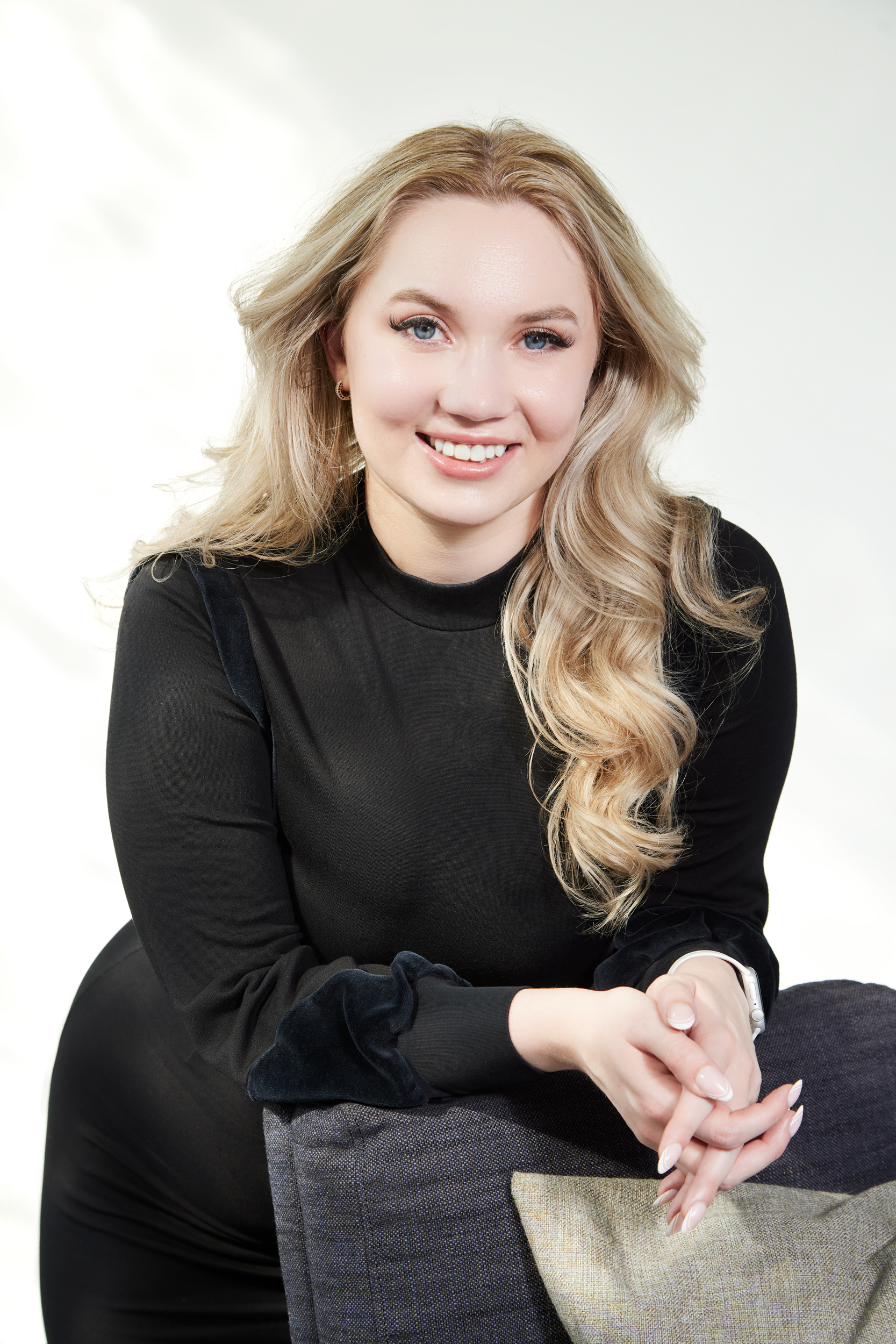
Is Individual or Couples Therapy Right for You?
July 5, 2024

A question I have heard many times in my practice is some variation of “Would it be better for me to come by myself? Or for both of us to be there?” for therapy sessions. This is a common dilemma for those considering individual therapy or couples counseling. It’s a very good question, particularly if you find that your relationship with your partner is a large part of what you want to address. As a result, I’d love to discuss the differences and what to expect in each type of therapy to help you answer this for yourself.
What to Expect in Individual Therapy
One of the great benefits of individual therapy is that you are the focus. We get to spend all our time concentrated on you and your thoughts, the way that you view the world, the impact of your relationships, and the person that you want to be. Additionall, all of this will be the roadmap for what to do with your individual time. If you find that the places you feel lost in your life have to do with how you relate to these things, then perhaps the exploration that individual therapy allows for would be particularly useful for you.
What to Expect in Couples Counseling
According to the American Association for Marriage and Family Therapy, couples counseling often improves communication and satisfaction in relationships. The obvious difference for couples therapy is that rather than the individual being the centerpiece, there’s more than just one person in the room to focus on. However, this doesn’t mean that we’re looking at all of the pieces listed above for individuals for two people- it means that the centerpiece now is the relationship itself. In couples counseling, the relationship itself becomes the client. How is the relationship impacted by thoughts and worldviews? What relationships does your relationship have with all the other people and things in both of your lives? In what ways does your relationship feel lost? What does your relationship want to be like?
In this way, using the phrasing of “client,” if in individual therapy the client is the individual. If you’re considering couples counseling, it’s helpful to know that the focus shifts to the relationship itself, not just two individuals in the room.
How can you know which one would be your best fit?
Think through some of the topics you want to discuss in therapy, the stories you want to tell. Do you find them to be more often about how you relate to the world around you, or how your relationship relates to the world around you? Where do you want to invite change the most?
I hope that living with this question for a little while helps bring some clarity to what you are looking for. No matter what feels true for you, I wish you the best of luck on your journey ahead. Thank you for being willing to take one at all. Whether you choose individual work or couples counseling, your willingness to start is already a brave and meaningful first step.
Ready to explore what therapy could look like for you—or for your relationship? Book an appointment with The Montfort Group and let’s figure it out together. Whether you choose individual or couples counseling, we’re here to support you.

Heather earned her Bachelor’s Degree in Psychology with a minor in Creative Writing from Baylor University in 2018. She obtained her Master’s of Arts in Professional Counseling from Texas Wesleyan University, where she specialized in working with individuals and couples. Heather holds an active License in Professional Counseling for the state of Texas as an Associate supervised by Cory Montfort, MS, LPC-S. Additionally, she is a published author contributing a chapter to Dr. Linda Metcalf’s book, Marriage and Family Therapy: A Practice-Oriented Approach.
accept
We use cookies to improve your browsing experience and ensure the website functions properly. By selecting 'Accept All,' you agree to our use of cookies.
© Tmg XXXX
Brand & Website by Writefully Said
Contact our office:
The Montfort Group is a highly-trained team of professional therapists in Plano, TX providing counseling and support for individuals, couples, teens, and families.
Stay Connected
Schedule Now